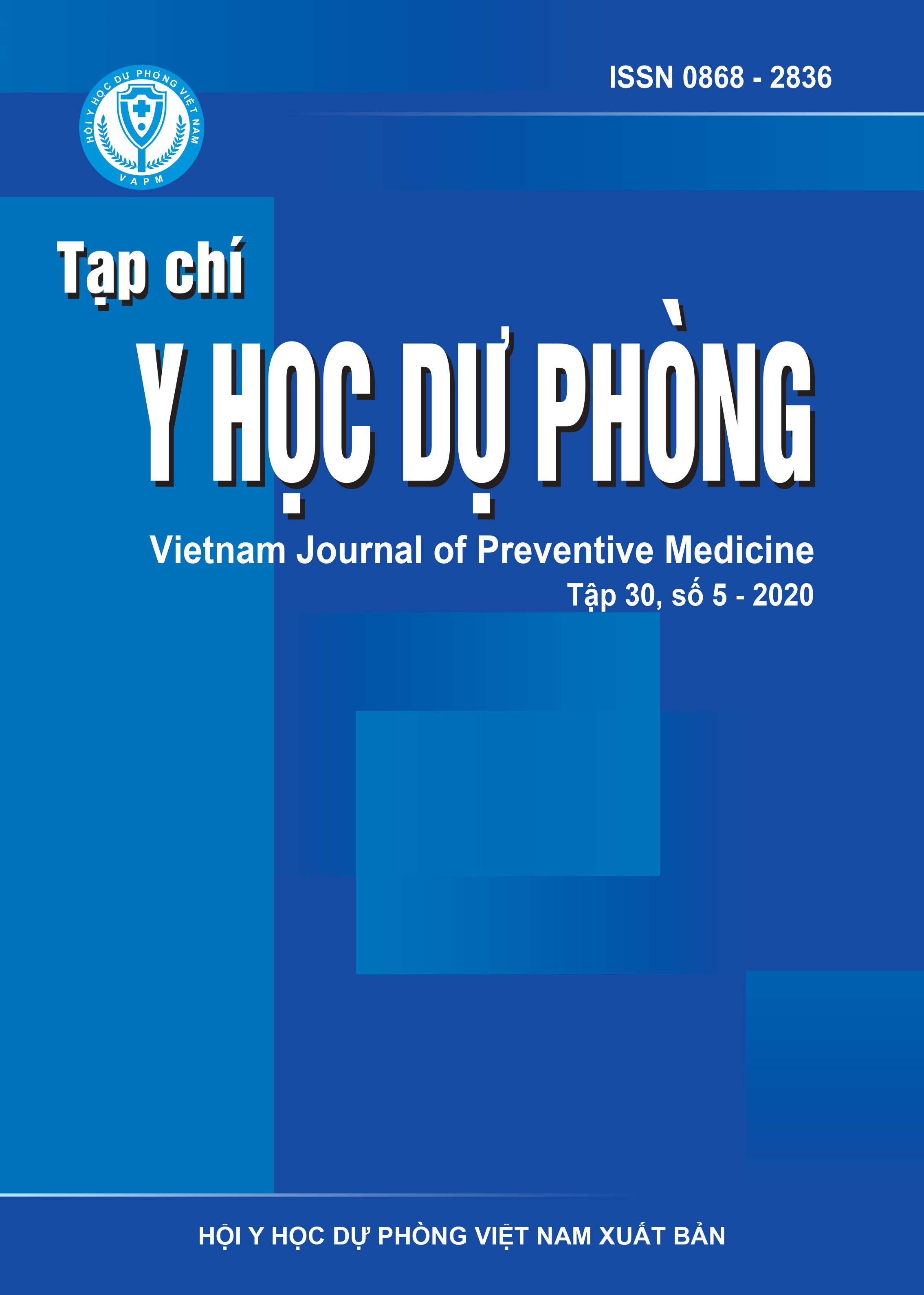Maternal antibodies in breast milk and immune responses to rotavirus vaccine in children in Belgium, 2014 - 2015
DOI:
https://doi.org/10.51403/0868-2836/2020/205Keywords:
Rotavirus vaccine, diarrhea, IgA antibodies, breast milk, BelgiumAbstract
Rotavirus is the most important cause of acute diarrhea in infants worldwide. Rotavirus vaccines have been developed through multiple vaccine generations but the immunogenicity and efcacy of vaccine in infants vary considerably between countries. One theory is that breast milk can reduce the efcacy of oral rota vaccines in developing countries. This study aims to describe maternal antibodies in breast milk and immune responses to rotavirus vaccine in children in Belgium, 2014 – 2015. In this study, 51 healthy children, divided into 3 groups (exclusive breast feeding, exclusive formula feeding and mix of the 2 feeding types in Belgium, were enrolled and provided with the Rotarix vaccine. Blood samples of children and breast milk were taken before the vaccination, 4 weeks after dose 1 and dose 2 to assess the Rotavirus-specifc IgA response. The results showed that, 4 weeks after the 1st dose, close to 2/3 of the children did not seroconvert. At 4 weeks after dose 2) the majority of children (n = 39; 81.2%) seroconvert to RV- IgA. Thus, after dose 2, there is no effect of breast milk on the immunogenicity of rotavirus vaccine in Belgium.
Downloads
Downloads
Published
How to Cite
Issue
Section
License
Publication License No 150/GP-BTTTT signed on May 8, 2014;
Electronic Publication License No 322/GP-BTTTT signed on June 15, 2016.


